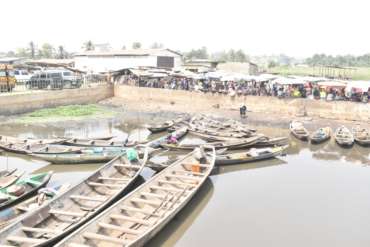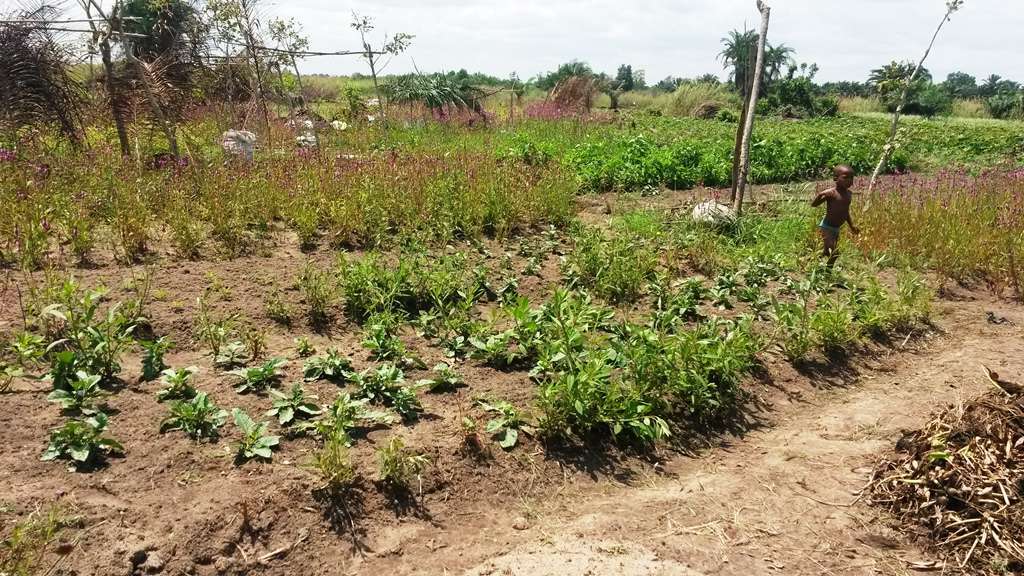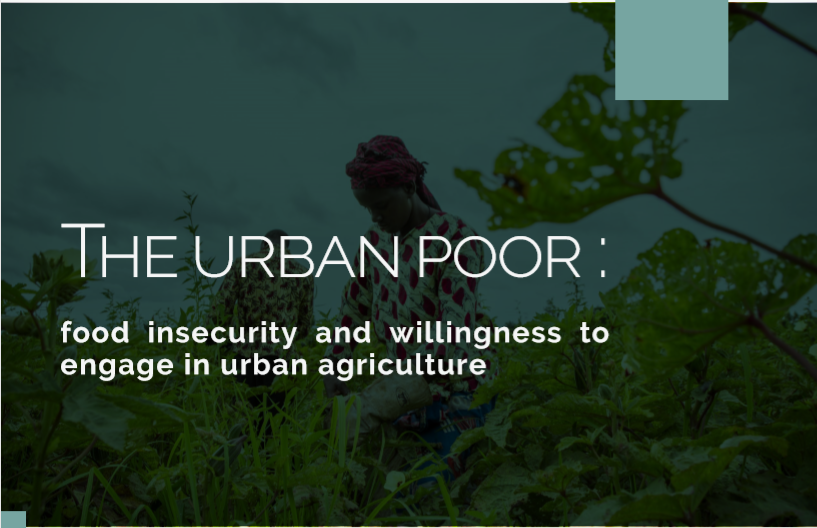Rising urban populations in Benin have taken their toll on inland aquatic systems, which have been subject to increased levels of pollution and overfishing, undermining the potential of inland fisheries to contribute to the country’s food and nutritional security. Key challenges include the inadequacy of rules governing the use of inland water resources. An action research programme launched by ACED in 2015 analysed the formal and informal measures of water resource use in Benin, and evaluated the impacts of degraded aquatic resources for fishing communities.
With support from the Netherlands Organization for Scientific Research, and in partnership with Vrije Universiteit in Amsterdam and the University of Abomey-Calavi, the research programme established a multi-stakeholder committee comprised of representatives from the Ministry of Agriculture, fishermen and women associations, local agricultural advisory services, the National Partnership for Water, and the municipal association on the management of Lake Nokoué. This collaboration enabled the integration of various stakeholder perspectives into the research process, and generated sound and relevant knowledge for the fishery communities and policymakers.
Sustainable solutions
The initiative generated accurate and up-to-date information and evidence regarding: the biophysical characteristics of inland waters; regulatory rules of shared water resources; constraints encountered by inland fisher communities; and the roles and constraints of women involved in fishery activities. These valuable insights have been used to propose effective solutions for improved resilience and management of inland fisheries, and to inform fishing communities on the regulations around use of shared water resources. As a result, inland fisher communities have started establishing more effective and sustainable rules for managing the inland waters. The government has also implemented actions to limit overfishing and reduce pollution in the lakes.
“Before the research conducted by ACED, evidence on pollution in lakes was lacking. Now, the materials produced by the programme are of good use to us to engage fishers and policymakers on the challenges posed by the pollution of the lakes and how to overcome them,” says David Houngue, Chairman of Benin’s National Federation of Fishers.
Extension service agents from five municipalities have been briefed on the findings to better inform and enhance their advice and engagement with fishing communities. The initiative has also built local capacities in collecting and analysing spatial data to support decision-making in the fishery sector.
This blog post emerged from the 10-year impact report of ACED. You can download the full report for more information.



